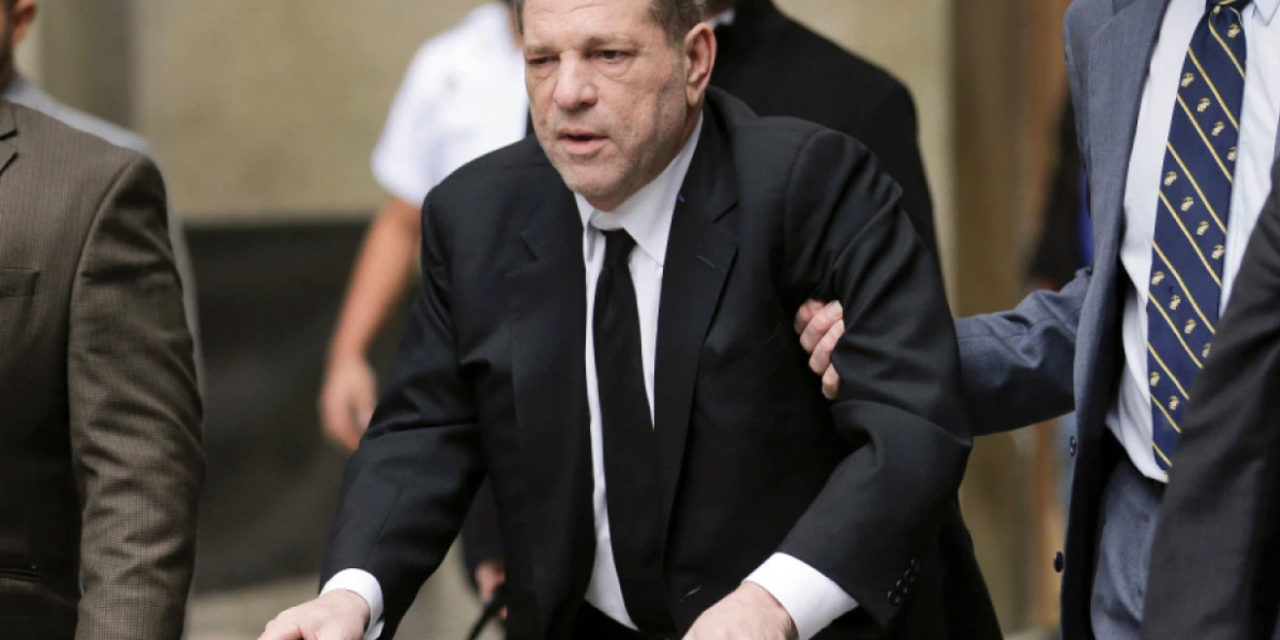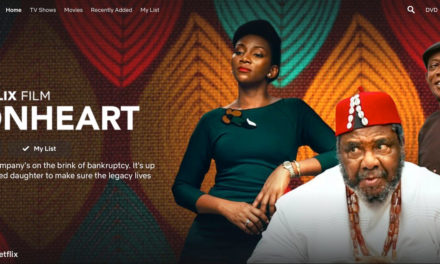This week, disgraced American film producer Harvey Weinstein was charged by Los Angeles prosecutors for sexually assaulting two women during Oscars week in 2013. He was charged with raping a woman at an LA hotel on February 18th 2013 and assaulting another woman in a Beverly Hills hotel the next night.
At the same time, proceedings begun in New York where Weinstein was charged with rape and performing a forcible sex act on two separate occasions. Protestors met Weinstein outside the court holding up placards reading ‘listen to survivors’ as Weinstein hunched over a walking frame that has drawn suspicion from critics on several occasions. If found guilty, Weinstein could be facing a life sentence.
Actresses including Rose McGowan and Rosanna Arquette were amongst those outside the New York courthouse. McGowan said to reporters: “The trial means so much to so many, but it will mean the most to the brave women testifying and to all of us silence-breakers. I thank those testifying for standing not just for themselves but for all of us who will never have even one day in court.”
The Rebirth of a Movement
The trial begins over two years since The New York Times and The New Yorker first broke the reports from dozens of women accusing the producer of sexual harassment, rape and sexual abuse over at least 30 years.
In October 2017, the allegations quickly swept across the internet and reignited the hashtag #MeToo which was initially coined by activist Tarana Burke in 2006. Women across all walks of life used the hashtag as a means of sharing their own stories while extending solidarity to one another. The movement led to widespread media coverage and has since spread across the globe, triggering a global discussion on how to better support victims and tackle sexual harassment particularly within the workplace.
From actors to judges to TV hosts, the #MeToo movement has seen the demise of powerfully dangerous men who have managed to escape accountability for far too long. By empowering women to come forward with their stories, the movement has been linked to the increase of sex crime reports worldwide.
Did It Go Far Enough?
While it cannot be denied that the movement shifted how we perceived sex, consent, and power – and saw the imprisonment of long-time predators like Bill Cosby and R. Kelly – there are still many more abusers hiding in plain sight.
Accusations have followed filmmakers Woody Allen and Roman Polanksi for decades and yet the industry continues to support and honour their work. Polanksi fled the United States while he was awaiting sentencing for statutory rape – which he pled guilty to. Yet, Polanski remains an industry favourite with his most recent film An Officer and a Spy (2019) winning the Grand Jury Prize at the Venice Film Festival.
Furthermore, the discrepancy between the number of arrests and the rise in reports is profound. An analysis from the newspaper The Guardian found that only 1 in 65 reports (1.5%) in the UK lead to charges being filed, and that number is decreasing every year. While more women are beginning to feel comfortable with reporting sex crimes, that doesn’t seem to guarantee justice, meaning that as a society we still have a ways to go.
However, as the world watches the former Hollywood producer turned pariah finally face his reckoning, it can’t help but feel like a victory for survivors nonetheless.
Photo Credit: Rolling Stone
- This Artist is Making the Underwater Arena His Canvas - 28th April 2021
- A Video Game that Promotes Peace and Conflict Resolution - 15th March 2021
- Netflix’s ‘Living Undocumented’ is a Difficult Series to Watch, and Exactly Why We Should - 9th March 2021






